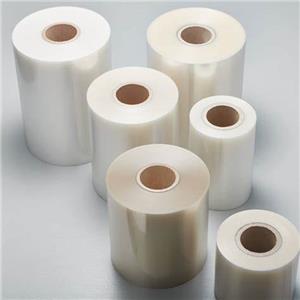Delaware Enforces Plastic Bag Ban, Pushing for Sustainable Alternatives
he Delaware Department of Natural Resources and Environmental Control (DNREC) has issued fines for the first time since the state's 2019 plastic bag ban, targeting businesses that failed to comply with the law. Nine businesses in the Rehoboth Beach area, including popular retailers like Ulta Beauty and Famous Footwear, were fined $750 each and ordered to stop providing plastic bags to customers.
These fines, announced between July and August 2024, follow inspections triggered by public complaints, according to DNREC spokesperson Michael Globetti. The plastic bag ban, originally passed by the General Assembly in 2019, was strengthened in 2021 to cover a wider range of bags and affect more stores. As of July 2022, retailers in Delaware are prohibited from offering plastic carryout bags made from film at checkout. Instead, they may provide customers with paper or reusable bags for purchase.
However, exceptions to the ban remain in place for certain uses, such as bags for carryout food at restaurants, live animals, loose produce, and items like meats or fish. Additionally, retailers are required to offer in-store recycling for plastic bags and films, often found in collection bins near store entrances.
Fines collected from non-compliant businesses are partially directed to the Community Environmental Project Fund, which supports efforts to reduce pollution, while the remaining funds are used by DNREC for enforcement and related activities.
This move highlights the growing shift away from single-use plastics, encouraging the adoption of more sustainable alternatives like bagasse food containers, which are made from sugarcane pulp. Bagasse containers, along with other eco-friendly packaging options, serve as an important step in reducing the environmental impact of plastic waste. As DNREC continues to monitor compliance, the role of biodegradable and recyclable materials like bagasse packaging in the retail and food service industries becomes increasingly vital. These materials offer a sustainable alternative to plastic, helping to minimize pollution and promote a more circular economy.





